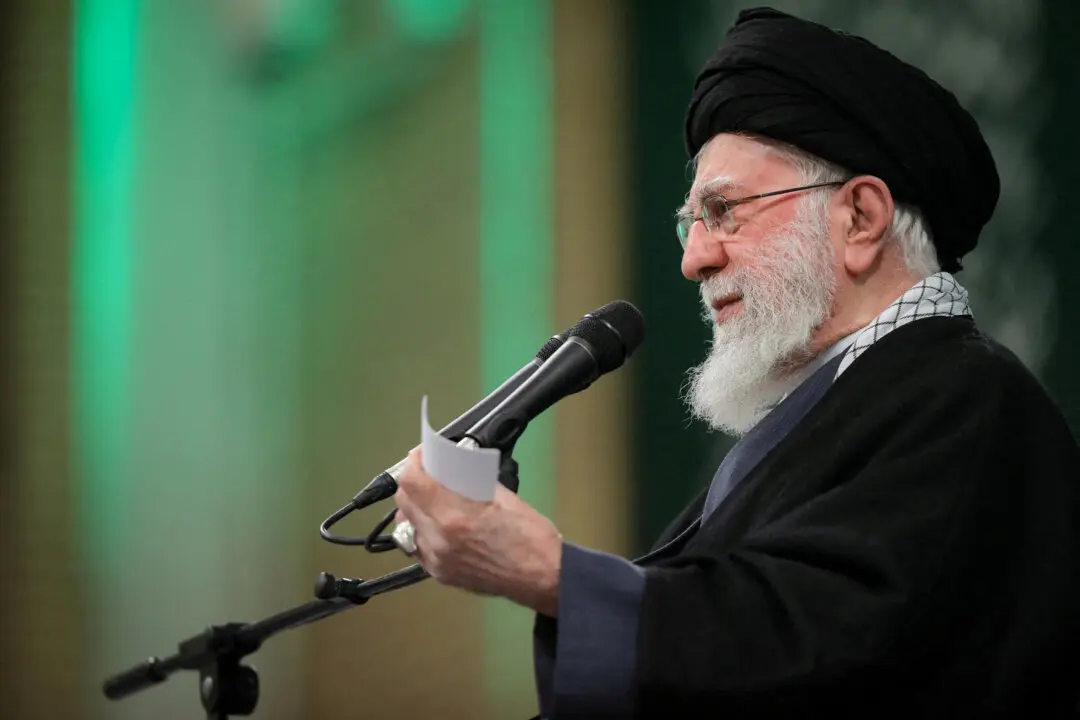Afghanistan’s ruling Taliban terrorist group announced several senior appointments on Tuesday, naming two veteran battlefield commanders from the group’s southern heartlands as deputies in important ministries.
Main Taliban spokesman Zabihullah Mujahid said Mullah Abdul Qayyum Zakir will be deputy defense minister, while Sadr Ibrahim was named deputy minister for the interior. Both men had been expected to take major positions but neither was named in the main list of ministers announced this month.





